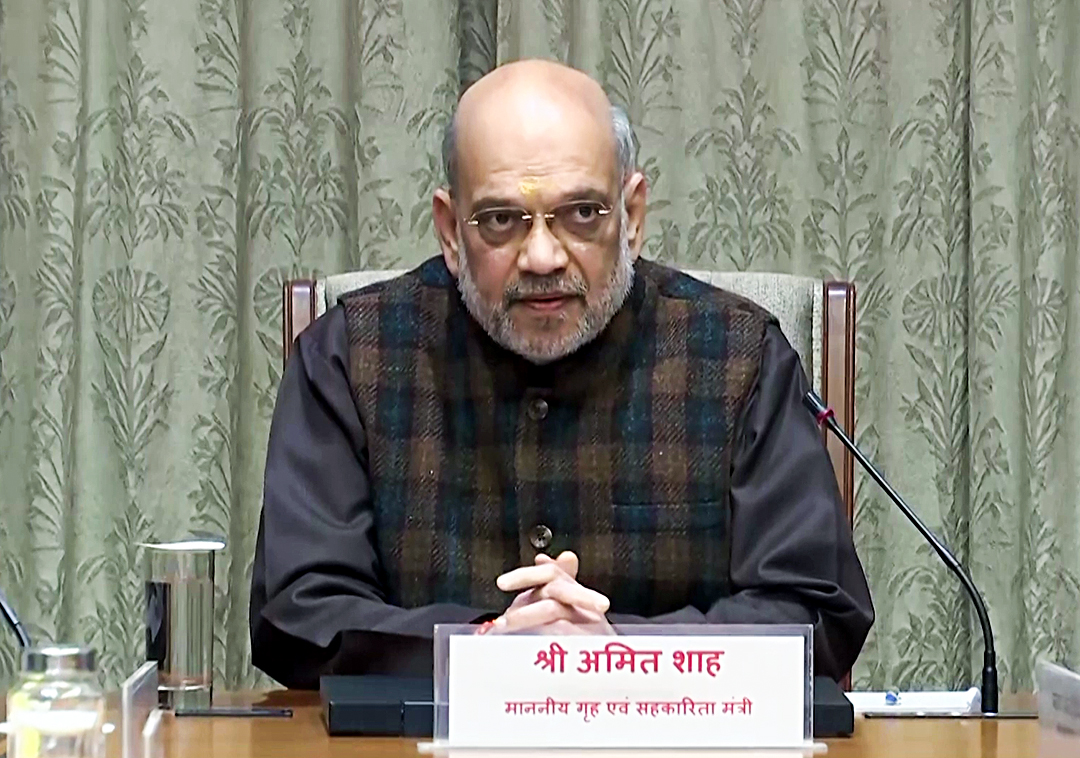Union Home Minister and Minister of Cooperation Amit Shah on Saturday will lay the foundation stone of the country’s first national-level cooperative university, Tribhuvan Sahkari University (TSU) in Anand, Gujarat . The event marks a historic step toward institutionalising education and research in the cooperative space.
Gujarat Chief Minister Bhupendrabhai Patel, Assembly Speaker Shankar Chaudhary, Union Ministers of State for Cooperation Krishan Pal Gurjar and Muralidhar Mohol, as well as Gujarat’s Education and Cooperation Ministers Rishikesh Patel and Jagdish Vishwakarma, will be present at the foundation-laying ceremony.
The establishment of Tribhuvan Sahkari University (TSU) is being hailed as a forward-looking initiative aimed at transforming India’s cooperative landscape. Designed to meet the growing educational and training demands of the country’s expansive and varied cooperative sector, the university is expected to play a pivotal role in driving cooperation, fostering innovation, and creating employment opportunities — an integrated vision referred to as the “Triveni” of progress.
Shah will also take part in the “Ek Ped Maa Ke Naam” tree plantation drive, a national campaign that encourages environmental consciousness and cultural values. Shah will also unveil an educational module developed by NCERT, designed to introduce school students to cooperative principles and highlight the contributions of the cooperative movement in India.
Tribhuvan Sahkari University is envisioned as a national hub for capacity building in areas such as cooperative management, finance, law, and rural development. With a focus on skilling the workforce and improving grassroots governance, the university will offer a range of academic programs tailored to meet the sector’s evolving demands.
Aligned with the National Education Policy 2020, TSU will offer flexible and multidisciplinary academic options — including PhDs, degree programs at the managerial level, diplomas at the supervisory level, and certificate courses for operational staff. It will also establish specialised schools on campus and expand to other states, creating a nationwide academic network for cooperative education and training.
Over the next four years, the university aims to collaborate with more than 200 existing cooperative institutions across the country. In a bid to enhance sectoral capacity, it has set an ambitious target of training around 20 lakh cooperative personnel within five years—catering to the growing needs of approximately 40 lakh workers and 80 lakh board members involved in cooperative societies spanning agriculture, dairy, fisheries, and other sectors.
To overcome the shortage of skilled faculty in cooperative education, TSU will actively promote PhD programs in cooperative studies, helping to build a strong cadre of qualified educators. Additionally, the university will establish a dedicated Research and Development Council focused on driving innovation and developing cost-effective technological solutions tailored for rural cooperatives. This council will work in close partnership with national and international academic institutions to introduce global best practices into India’s cooperative framework.




















